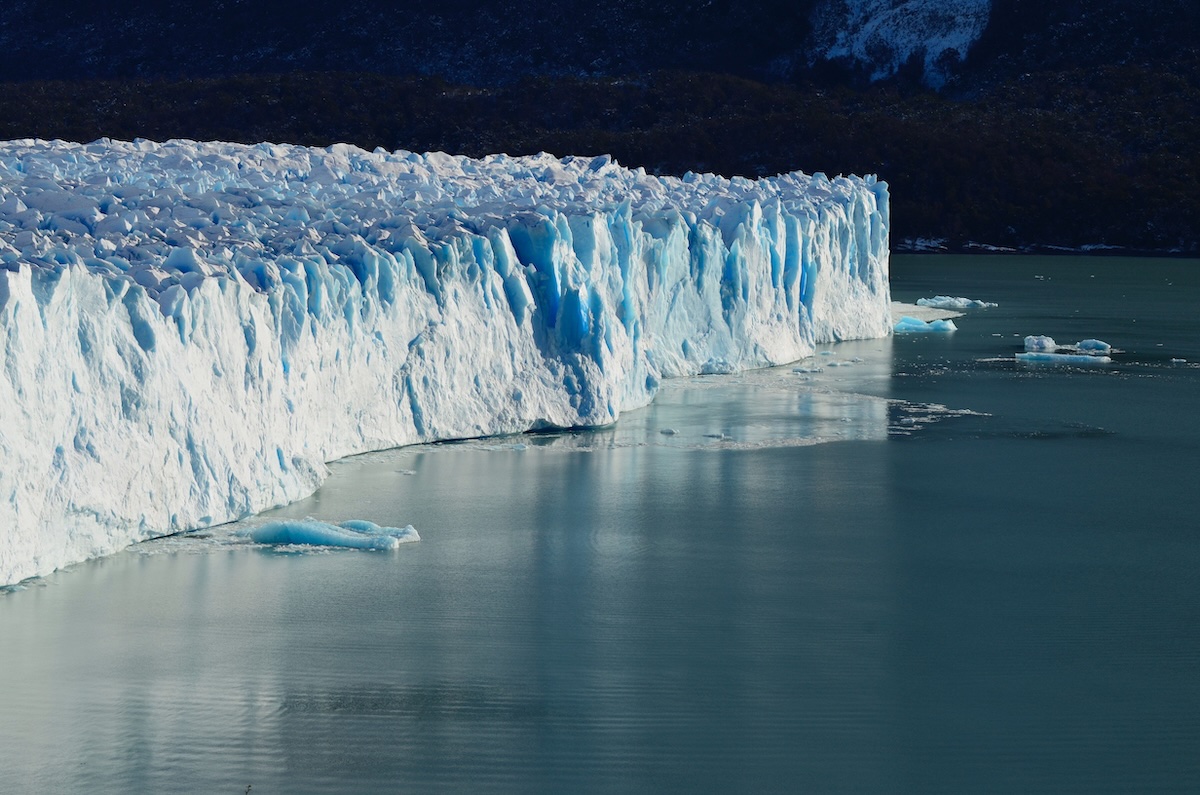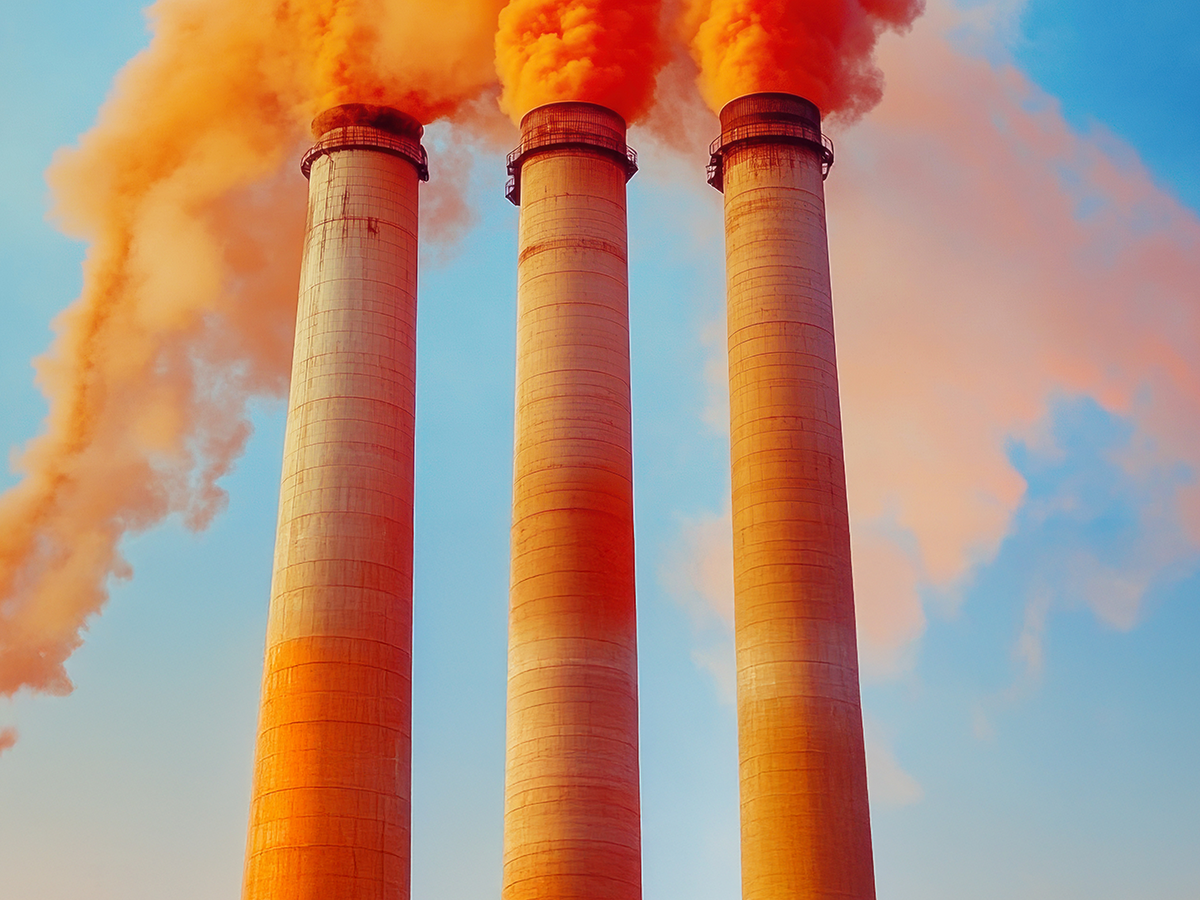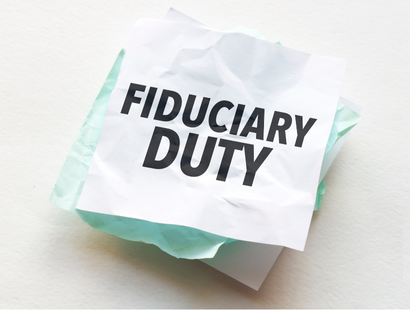
Why physical climate risk is negligible for investors
Glaciers melt too slow for short-term markets
The world is warming, glaciers are melting, sea-level is rising and extreme weather events are likely increasing. This is causing human and social impacts across the world, today. However, the rates of warming, sea-level or extreme events aren’t likely to cause huge systemic changes to markets on a time-frame meaningful for investors. Let me explain.
The carbon we emit today will stay in the atmosphere for hundreds of years, causing multi-generational climate impact. However, there is a large asymmetry in the time-frame of impact on climate versus the time-frame relevant for markets.
Abrupt and irreversible changes to the climate system are known as ‘tipping points.’ Once they happen, there’s no going back. Examples of these include the collapse of the West-Antarctic Ice Sheet, the stagnation of ocean circulation patterns or a permanent shift to global monsoons. These climate tipping points are the ‘Green Swans’ for the financial system. While they grow in likelihood with any degree of warming, they only start becoming a higher risk once we hit 2°C. That level of warming isn’t likely until ~2050 - a time frame not meaningful for the vast majority of investors right now.
So while physical climate impacts will continue to get worse as we approach 2050, they’re not likely to be on the scale to impact financial markets (although there is still a risk). Take sea-level as an example. Ice-sheets and glaciers are melting, but in the short-term (say next 5-10 years), the magnitude is unlikely to cause a major step change in damage to infrastructure globally. Local impacts will occur but from a global perspective, the sea-level risk will be felt much more strongly in the latter half of this century, which give financiers time to invest in adaptation.
The physical impacts of climate change are obviously already happening, and will continue to worsen for centuries. But their magnitude and scale is not systemic enough across the entire economy or on a time-scale that is relevant for short-term financial markets. It’s the classic case of short-termism.
Our response to climate is where the financial risk is
So if physical climate impacts tend to be longer-term, what’s the problem with the thesis that all climate risk is negligible in finance? Well, it neglects the biggest way markets change - us.
How we as a society respond to climate change is orders of magnitude quicker and more disruptive to markets than the physical impact of climate. I write about this in more detail here, but carbon transition risk is very different to physical climate risk.
COVID shows us governments can act quickly
Governments and authorities respond to challenges that protect the interests of their citizens, whether it’s inflation, COVID or climate change. And these policy changes can be imposed suddenly, causing massive financial readjustments on a timescale that impact markets.
Take COVID-19 as an example. During the early days of the outbreak, only a fraction of the global population were impacted by the virus. Yet virtually every person and business on earth was impacted by how their governments responded to it to protect their citizens against the virus.
Markets didn’t crash because of the mortality rates. They crashed because the world’s government imposed lockdowns and shut businesses to protect its people from the virus. Empty streets and closed shops were in response to the virus. There was an enormous asymmetry between the risk of the virus and the response.
It’s the exact same for climate change - it's not the physical or even direct human impact, but the societal carbon transition to stop climate change that will cause immense market corrections in the shorter-term.
Glaciers melt slowly, but humans act quickly. For climate, the response will cause huge changes to markets given the magnitude of change required to limit warming to 1.5-2°C. There’s a reason that Larry Fink, CEO of BlackRock says ‘we are in the midst of a fundamental reshaping of finance’.

Consumers are shifting to low carbon products
It’s not just governments moving against carbon, it’s consumers. When new products come that do less damage to the environment, markets shift. Solar power is the obvious example, but underlying consumer climate sentiment has undoubtedly allowed Tesla to become a trillion dollar car company leading the transport electrification transition.
Similar shifts are occurring across industries, like those in plant-based meat. Lower carbon is creating and growing entirely new product lines and replacing the old, carbon-intensive traditional products.
Carbon is a risk for consumers. This shift will accelerate over the next 5-10 years as consumers demand lower carbon reliance for products. And of course, financial markets will follow the money. You can see it now how companies are investing hugely into low carbon products because the future demand is in these products.
Climate is a big risk for markets because of carbon
In the end, the government response and consumer sentiment has already shifted towards transitioning away from carbon. This will only accelerate over the next 5-10 years and on a timeframe very important for markets.
So if you’re an investor, carbon is the real short-term risk and you need to understand that across your investments.



